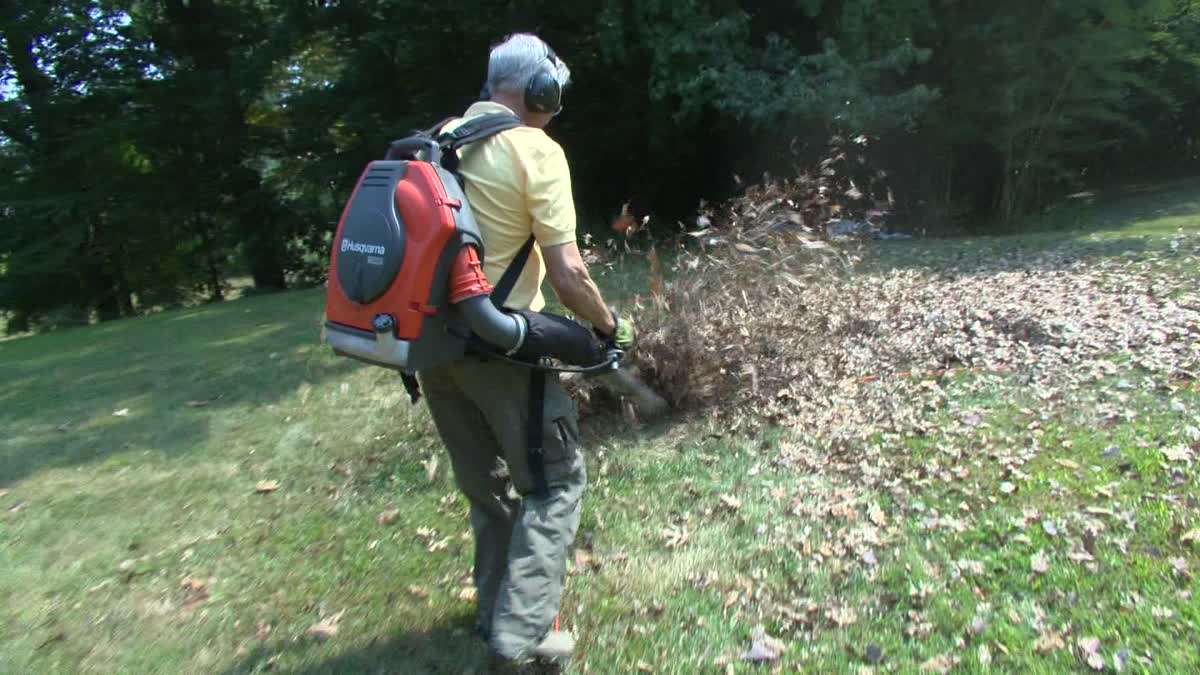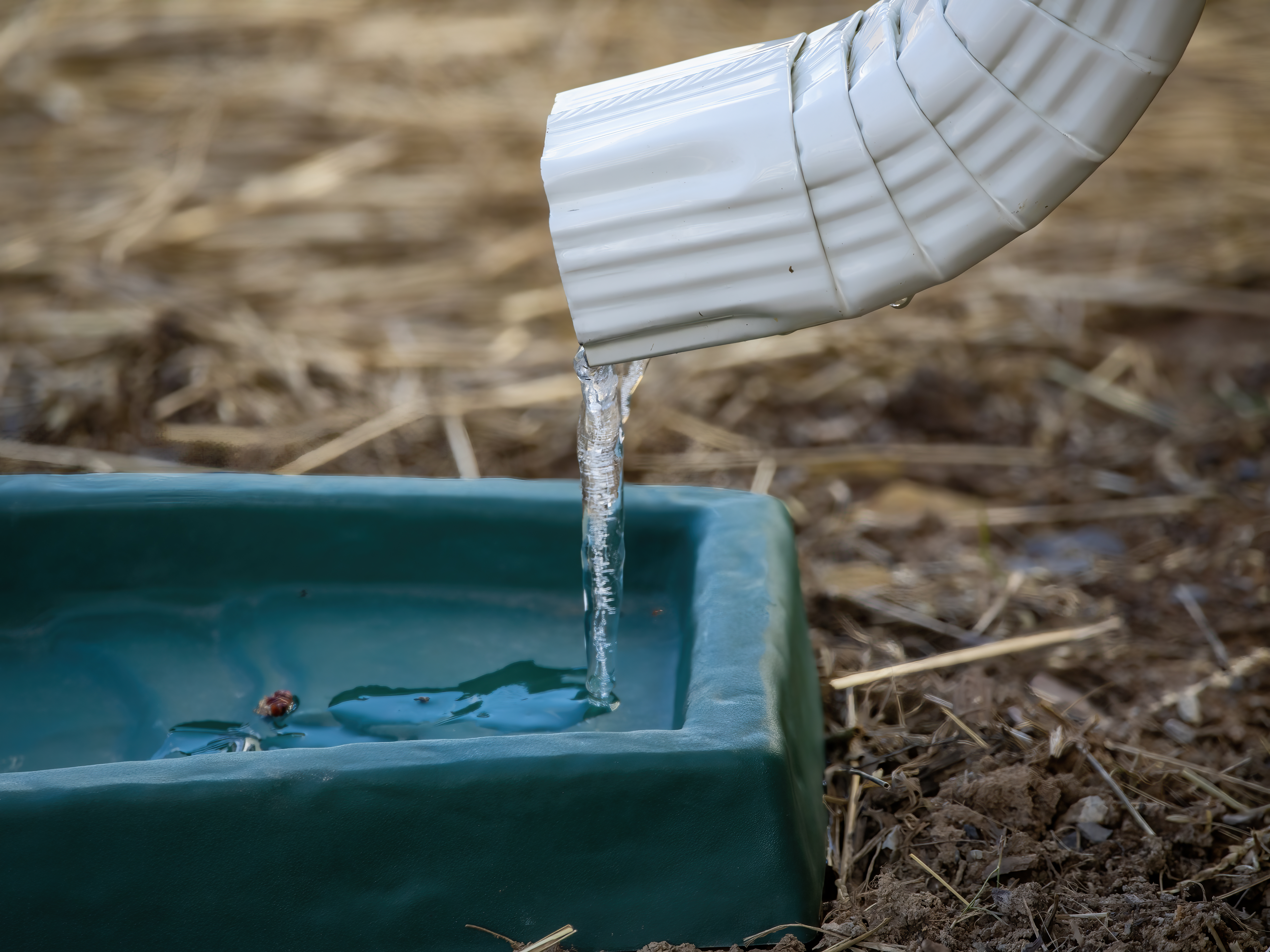A new report says Indiana's tourism and recreation industry will have to adjust as climate change makes the state warmer and wetter in the coming decades.
Monday's report by Purdue University's Climate Change Resource Center is the center's latest analysis of how climate change will impact Indiana.
The new report says the timing of outdoor recreational activities will shift by mid-century because Indiana's winter season is expected to shorten by 20 to 25 days and hot days during which high temperatures reach 85 to 95 degrees, will increase from 52 to 72.
"By 2050, a month of the best weather for attracting summer tourists to Indiana will be replaced by hotter days that will be too uncomfortable for outdoor activity," according to the resource center. "Warmer temperatures will also limit many popular winter activities."
The Indiana Dunes and Lake Michigan are popular Indiana destinations during the summer.
The analysis says Indiana's ice fishing and skiing industries also will be hurt as temperatures rise and less snow falls.
“Companies, destinations and communities need to be aware that the changes are coming and be adaptive to them," said Jonathon Day, Purdue associate professor of hospitality and tourism management, in a statement. "We need to build our resilience, be prepared for floods or storms or periods of heat waves."
Local
Meanwhile, Indiana's spring and fall temperatures are forecast to warm 4-to-6-degrees Fahrenheit.
There will be wide-ranging impacts to Indiana's tourism and recreation sector as the state warms and sees precipitation changes, according to the report.
"These effects are going to be hard to predict year by year," Day said, "but we know that tourism is going to be impacted directly – and indirectly – by climate change. We need to be aware and prepared."



